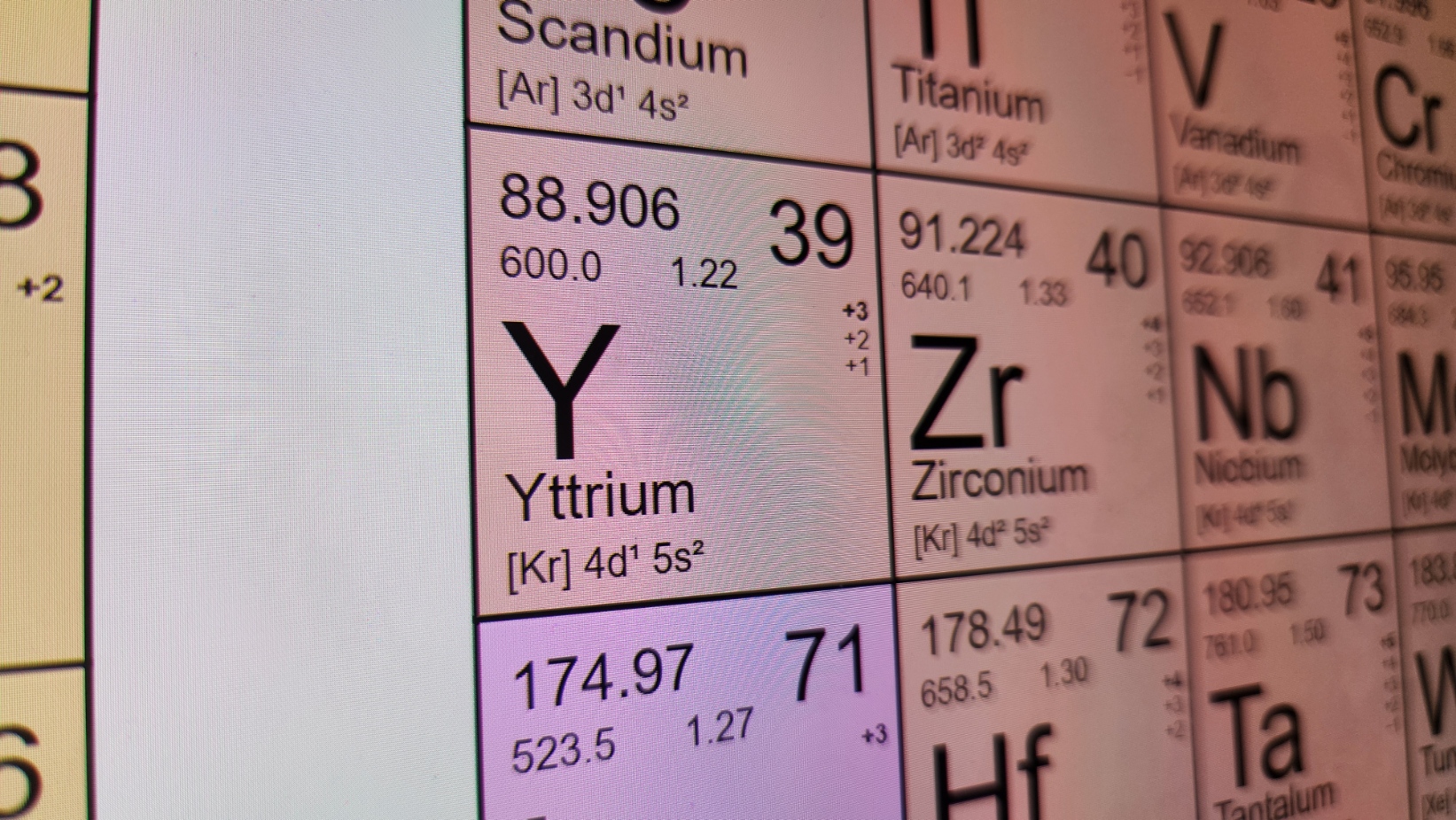A medical isotope used to treat cancer will soon be produced at the Darlington Nuclear Generating Station, located near Oshawa, Ont.
An isotope is a variation of an element which has a different number of neutrons than its base element. Some isotopes are radioactive, meaning they emit radiation in the form of photons, electrons, positrons, or helium nuclei. Medical isotopes use this radioactive property for a healthcare purpose, making them sought after for many clinical fields.
The isotope being produced at the Darlington plant is called yttrium-90, or Y-90. It serves as the raw material for a medication called TheraSphere, which is used to treat liver cancer and is produced by a pair of Ottawa-based companies, BWXT Medical and Boston Scientific.
According to experts, the expansion of production into Ontario is significant news, as companies have been importing the raw material from nuclear plants outside of the country due to a lack of Canadian supply.
York professor Scott Menary, an experimental high-energy particle physicist, believes that local production of the isotope presents two significant advantages.
“The main one is that you are not subject to availability of the isotopes from some other country,” he explains. International supply chain issues are something Ontario’s medical practitioners and companies are familiar with, especially during the COVID-19 pandemic, when healthcare supplies were often scarce.
The other benefit, says Menary, “is that the half-life of yttrium-90 is 64 hours, so clearly if you can produce it nearby then it is much more efficient.” He adds that a shorter transportation time helps to prevent a loss of radioactivity.
The president of Boston Scientific’s interventional oncology enterprise, Peter Pattison, had similar ideas in mind when he spoke to CBC News in March, saying the Darlington deal offers “increased capacity, increased reliability and increased proximity.”
Excalibur asked Menary to walk through the technical side of this topic. “There is a broad use of medical isotopes used to attack various types of cancer…” he explains. “Yttrium-90 is a beta emitter which is inserted into small pellets that are directed to the liver to fight liver cancer.
“The radiation kills the cancer cells but also kills normal cells, so clearly you don’t want it to spread everywhere in your body,” Menary admits. “As far as I can tell, embedding the radiation in pellets allows for it to be more efficiently directed to the specific area where the cancer is.”
Pattison describes the process similarly. He says traditional radiation therapy involves radiation being emitted by a large machine and going “into your body through healthy tissue.” Yttrium-90, on the other hand, functions “from the inside of the tumour going out.” This occurs via “microscopic glass spheres” filled with radiation which is delivered directly into the bloodstream via a catheter. According to Pattison, this means “more radiation to where it should go, and less to the normal tissue.”
Yttrium-90 is just one of the medical isotopes being produced locally. Bruce Power’s nuclear plant produces Lutetium-177 — an isotope used to treat prostate cancer — and the Darlington plant already produces molybdenum-99, used for detecting cancer and heart disease.
Canada formerly a world leader, producing large quantities of common medical isotopes, but that legacy ended when a large nuclear reactor in Chalk River, Ont. closed in 2018.
However, the Darlington expansion and others in Ontario signal a renewed push for in-province isotope production.
For those concerned about the nuclear aspect of this treatment, Menary says not to worry. “The main misconception is that radiation is necessarily bad. There is natural radioactivity all around us — from the earth, in cosmic rays, bananas, people, etc.”.




